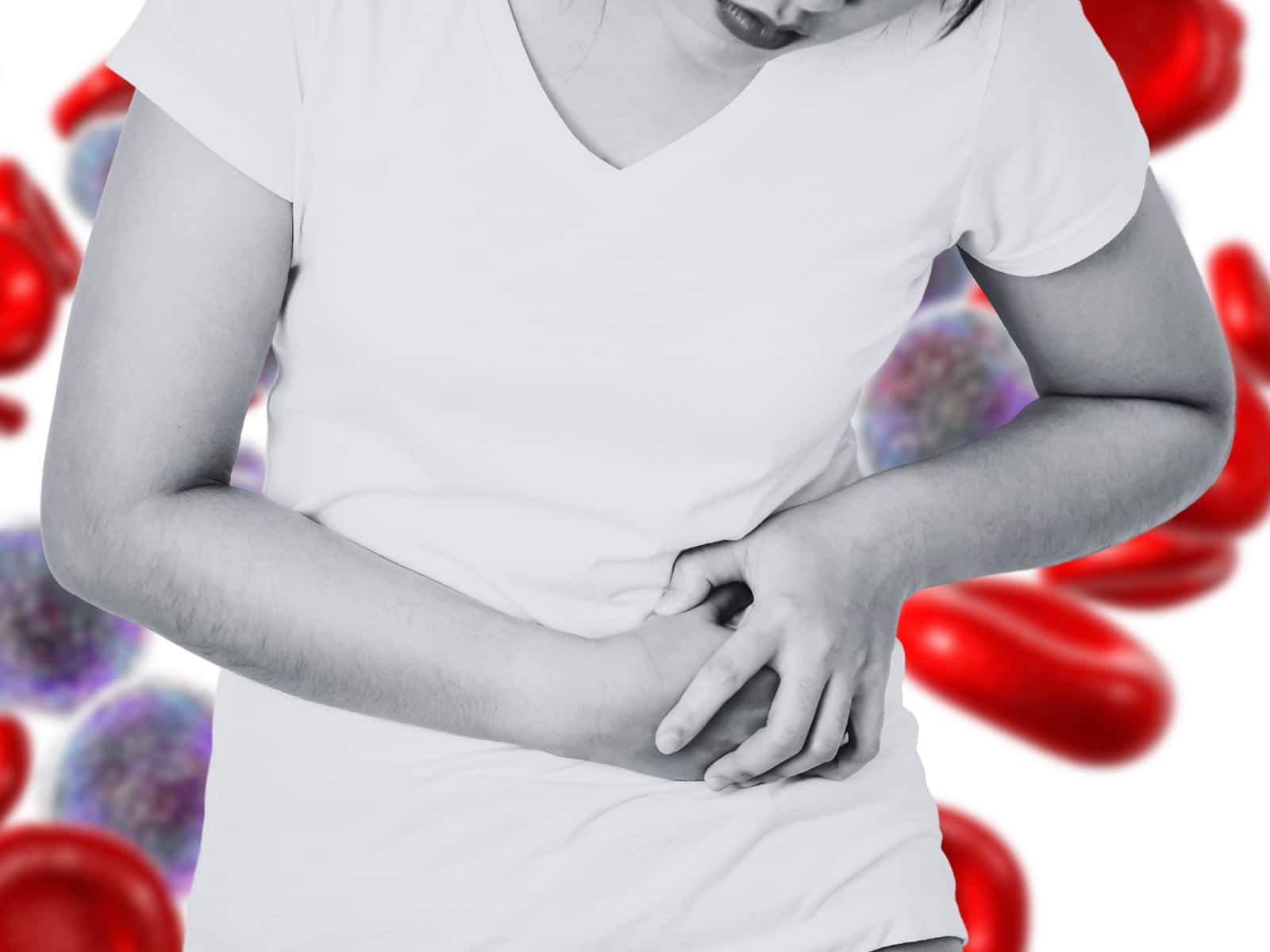
Acute blood loss anemia is an acute form of anemia that occurs when you lose a lot of blood within a short duration. This sudden decrease in the amount of red blood cells in your circulation will cause problems with the supply of oxygen to your tissues and organs. In contrast to chronic anemia, which appears after several weeks or months, acute blood-loss anemia manifests itself in a moment and it can be life threatening unless timely action is given.
The signs tend to appear in a few days or a few hours after the bleeding. You may experience:
Acute anemia related to blood-loss is the most frequent type of anemia caused by internal or external bleeding. Common triggers include:
Do not wait, in case you are feeling lightheaded, extremely tired, or you have any symptoms of acute blood loss. Call GastroDoxs Houston and make your appointment. We offer timely assessments, custom-made treatment options, and follow-ups to all patients to ensure that you are in good health in a very short time and feel stronger-fast.
We've successfully treated more than 472 patients, helping individuals improve their digestive health and overall well-being through expert, personalized care.
With over 20 years of experience, GastroDoxs has been a trusted provider of gastroenterology care, focusing on delivering the best outcomes for patients
Chronic post hemorrhagic anemia is classified under D62.
Yes. Acute anemia is mostly caused by blood loss in the stomach or the intestine.
The symptoms may be observed by the majority of people a few hours to days after the serious loss of blood. When the bleeding is not so fast signs might be slower.
Some cases of slight anemia may arise following surgery, although in case your red blood cell count is lowered considerably, you are supposed to be examined by a medical practitioner.
Book a visit in case of black or tarry stools, severe weakness, dizziness or the consistent lack of iron levels.
Depending on the cause and severity, treatment can involve intravenous fluids, blood transfusion, iron therapy, medications, endoscopic interventions to prevent bleeding or surgery.
Iron supplements can be used when the bleeding is no longer present, and anemia is not severe. Nevertheless, in case of persistent bleeding or severe anemia, the treatment should be more intense.
Acute anemia is a rapid developmental anemia as a rule, which is caused by sudden blood loss. Long term conditions or deficiency of a nutrient result in chronic anemia which is an uphill battle built over time.
GastroDoxs: extensive care-lab testing, endoscopy: to treatment through follow-up objective assurance: Now-the interaction of particular assistance under a single roof.